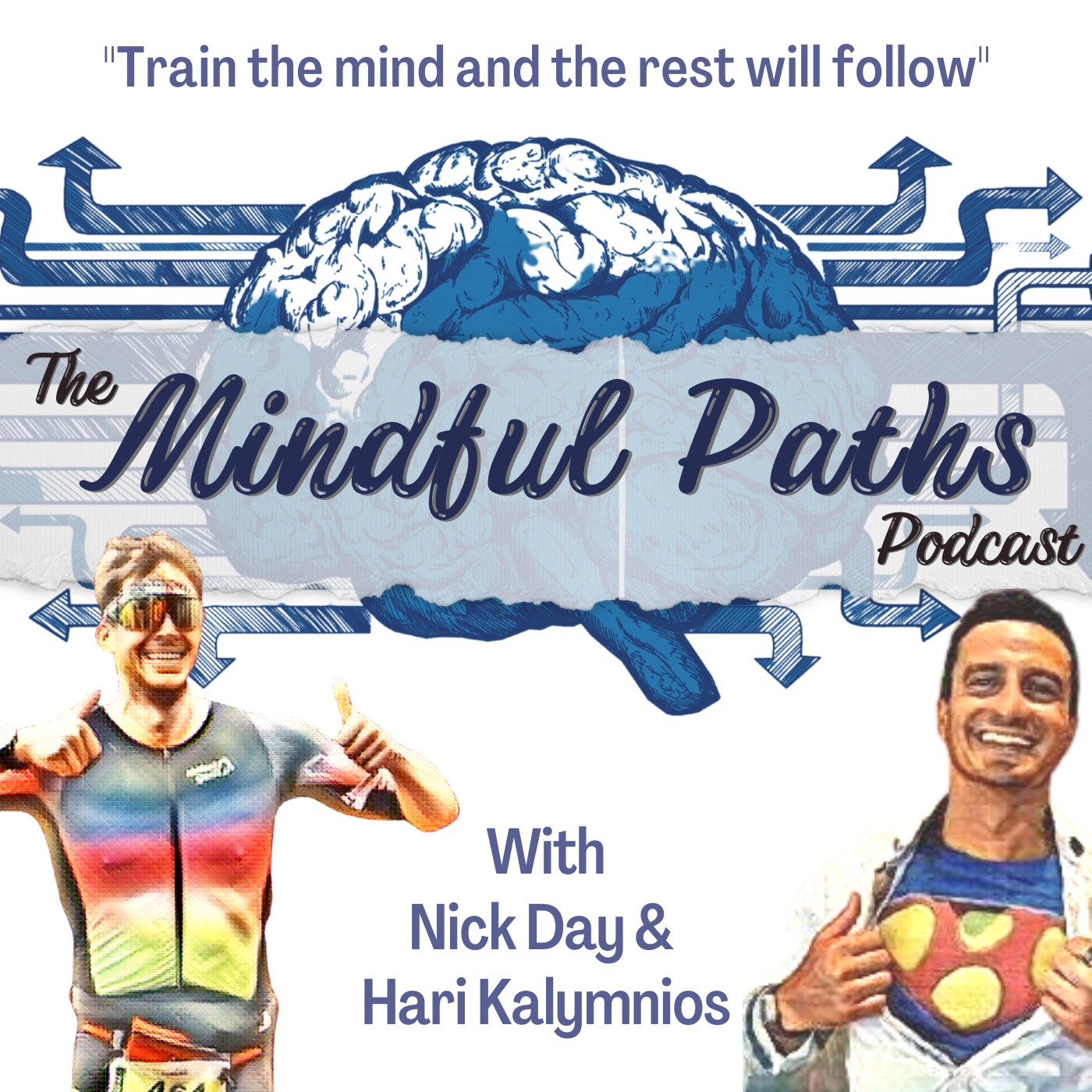ChatGPT and Mental Health: Offering Support Through Conversational AI

ChatGPT, a highly advanced language generation AI developed by OpenAI, has emerged as a potential tool for supporting mental health. With its ability to engage in empathetic and informative conversations, ChatGPT offers a unique approach to providing assistance and guidance to individuals struggling with mental health challenges.

Conversational Support:
Unlike traditional mental health apps, ChatGPT leverages a conversational interface that mimics human-to-human interaction. This approach allows for a natural and intuitive dialogue where individuals can openly discuss their concerns, feelings, and experiences. ChatGPT responds with empathetic and non-judgmental language, providing a safe and supportive space for dialogue.
Personalized Guidance:
ChatGPT’s advanced language processing capabilities enable it to understand and respond to each individual’s unique circumstances. By utilizing information provided by users, ChatGPT can offer personalized guidance and recommendations tailored to their specific needs. This level of customization enhances the efficacy of the support provided by ChatGPT.
Cognitive Behavioral Therapy Techniques:
ChatGPT incorporates cognitive behavioral therapy (CBT) techniques into its conversations. By identifying and challenging negative thought patterns, ChatGPT helps individuals reframe their perspectives and develop healthier coping mechanisms. This approach can foster improved mental well-being and resilience.
Mindfulness and Relaxation Exercises:
ChatGPT offers mindfulness and relaxation exercises to promote stress reduction and emotional regulation. These exercises can help individuals cultivate inner calm, reduce anxiety, and improve sleep quality. By integrating these practices into its conversational support, ChatGPT enhances its overall therapeutic value.
Limitations and Ethical Considerations:
While ChatGPT holds significant promise in mental health support, certain limitations and ethical considerations must be acknowledged. It is not a substitute for professional diagnosis or treatment and should be used as a complementary resource. Additionally, preserving user privacy and ensuring the confidentiality of conversations is crucial to maintain trust.ChatGPT and Mental Health: Offering Support Through Conversational AI
Executive Summary

ChatGPT, as a conversational AI model, holds significant potential in supporting individuals with mental health concerns. Its ability to provide empathetic listening, offer personalized responses, and connect users with helpful resources positions ChatGPT as a valuable tool for enhancing mental well-being.
Introduction
Mental health affects countless individuals worldwide, with conventional treatments often inaccessible or inadequate. Conversational AI, like ChatGPT, emerges as a promising solution, delivering 24/7 support, anonymity, and tailored guidance for mental health management.
FAQs
- What is ChatGPT and how does it relate to mental health?
ChatGPT is an AI-powered chatbot designed to engage in conversational interactions and provide information on various topics. In relation to mental health, it can act as a personalized assistant, offering support and insights.
- Is using ChatGPT for mental health concerns effective?
Research indicates that conversational AI can complement traditional mental health treatments, improving access to support and reducing the stigma associated with mental illness. However, it’s essential to remember that it’s not a substitute for professional therapy or medical advice.
- How can I use ChatGPT for mental health support?
Engage in conversations with ChatGPT by describing your experiences and seeking guidance. Utilize its features, such as emotional recognition, coping mechanisms suggestions, and resource referrals, to enhance your well-being.
Subtopics
Emotional Recognition
- Detects and interprets user emotions, providing validation and empathetic responses.
- Analyzes verbal cues, sentence structure, and language patterns to understand emotional states.
- Offers supportive and non-judgmental communication, fostering a safe space for users to express their feelings.
Personalized Support
- Tailors responses to individual user needs, history, and preferences.
- Provides recommendations based on user input, considering factors such as coping strategies and support systems.
- Creates a personalized experience, increasing the effectiveness and relatability of the support offered.
Coping Mechanisms
- Suggests practical coping mechanisms and self-help strategies for managing mental health challenges.
- Provides guided exercises and techniques, such as mindfulness, deep breathing, and positive self-talk.
- Equips users with practical tools to navigate difficult emotions and improve their well-being.
Crisis Support
- Identifies potential crisis situations and offers immediate assistance.
- Provides information on crisis hotlines, professional resources, and emergency services.
- Helps de-escalate crises and connect users with appropriate support systems.
Resource Referral
- Connects users with relevant mental health resources, including therapists, support groups, and organizations.
- Provides information on accessing professional help, insurance coverage, and community support services.
- Facilitates the navigation of complex healthcare systems, ensuring timely and appropriate mental health care.
Conclusion
ChatGPT serves as a valuable resource for mental health support, offering empathetic listening, personalized responses, coping mechanisms, and resource referrals. While not a substitute for professional therapy, it complements existing treatments and provides essential support outside of traditional healthcare settings. As technology advances, the integration of conversational AI promises to revolutionize mental health management, making support more accessible, proactive, and effective.
Keyword Tags
- Conversational AI
- Mental Health
- Support
- ChatGPT
- Resources
